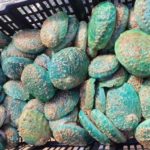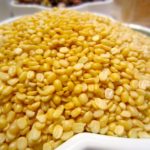1 Golden Syrup and White Sugar
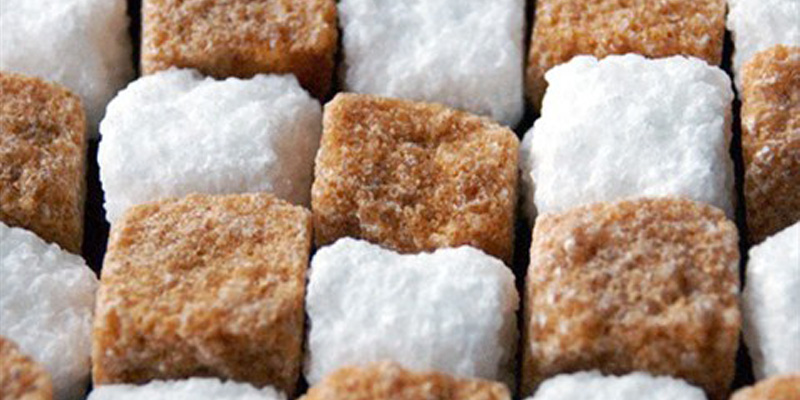
Golden syrup is a type of refined sugar produced from sugarcane juice. The juice is extracted from the cane, concentrated by heating, and then clarified and crystallized to form table sugar. The golden color and distinctive flavor come from the presence of a small amount of molasses in the syrup.
On the other hand, white sugar has undergone a more extensive refining process to completely remove all traces of molasses. It is often bleached using charcoal or bone char to achieve its characteristic bright white color.
2 A Comparison Between Golden Syrup and White Sugar
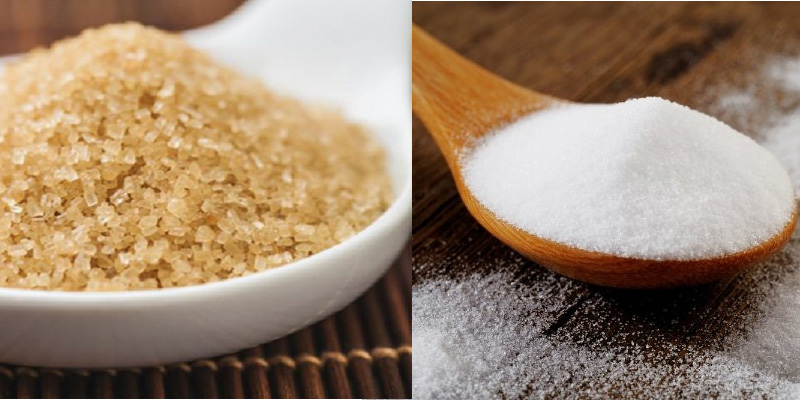
Crystal Size
The crystals of golden syrup are typically larger than those of white sugar. Golden syrup also tends to have a higher moisture content, making it more difficult to store and prone to crystallization.
Sweetness
Golden syrup is sweeter than white sugar due to the presence of molasses. It has a more intense and rich flavor, so you need less of it to achieve the same level of sweetness. For example, if a recipe calls for 2-3 teaspoons of white sugar, you would only need 1.5-2 teaspoons of golden syrup.
Nutritional Content
In terms of nutrition, both golden syrup and white sugar provide similar amounts of calories:
- Calories: One teaspoon of golden syrup contains 17 calories, while white sugar has 16 calories.
- Fat: Neither golden syrup nor white sugar contains any fat.
- Carbohydrates: Both sweeteners provide 4 grams of carbohydrates per teaspoon.
- Vitamins and Minerals: White sugar is devoid of any vitamins or minerals. Golden syrup contains trace amounts of calcium, potassium, iron, and magnesium, but the quantities are too small to provide significant health benefits.
The most notable difference between golden syrup and white sugar lies in their flavor and impact on dishes, especially when it comes to baking and cooking.
In addition to golden syrup and white sugar, there are other types of sweeteners available, such as [Example Sweetener]. These alternatives can offer various health benefits and are worth considering for those looking to reduce their consumption of refined sugars.
3 When to Use Golden Syrup or White Sugar in Cooking
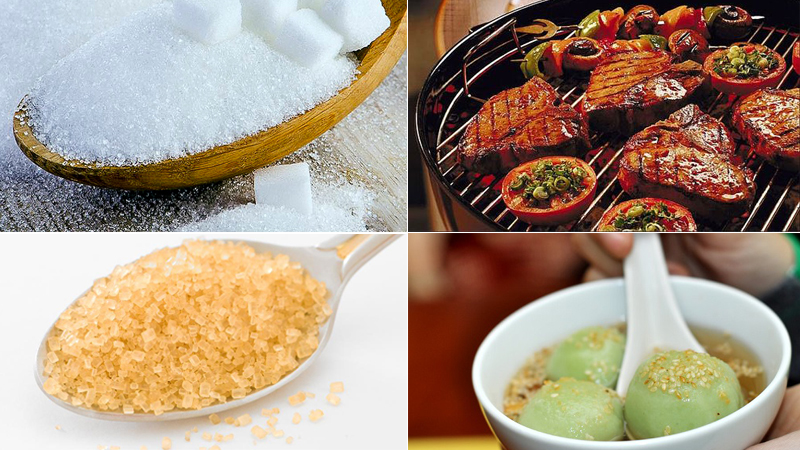
Golden syrup is ideal for sweetening simple dishes like porridge, certain baked goods, and family-style stir-fries. Its intense sweetness means you can use less while still achieving the desired level of sweetness, making it a more economical option.
However, when it comes to baking, roasting, or frying, white sugar is often preferred. The presence of molasses in golden syrup can affect the color and texture of the final dish, and it may burn more easily due to its higher moisture content. White sugar provides a milder sweetness and allows the cook to have more control over the color and flavor of the dish.
Some people may be concerned about the use of chemical bleaching agents in white sugar. However, when purchasing from reputable brands, these chemicals are used within safe limits and do not pose a significant health risk.
Ultimately, the choice between golden syrup and white sugar comes down to personal preference, cooking requirements, and the desired flavor profile. Both options are safe and provide similar nutritional value, so feel free to experiment and find which one works best for your taste buds and recipes.

























